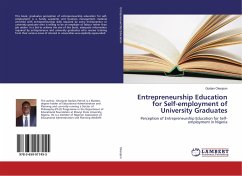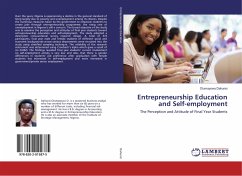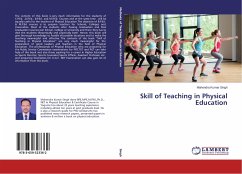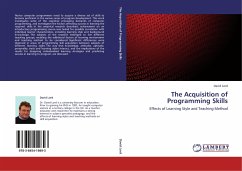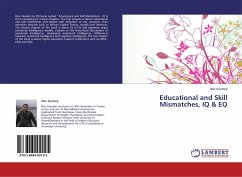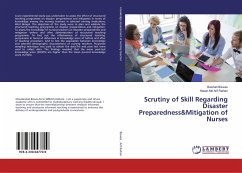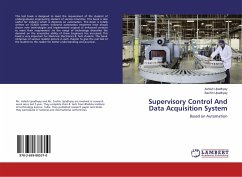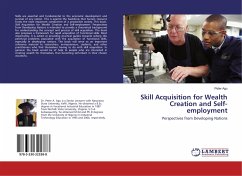
Skill Acquisition for Wealth Creation and Self-employment
Perspectives from Developing Nations
Versandkostenfrei!
Versandfertig in 6-10 Tagen
22,99 €
inkl. MwSt.

PAYBACK Punkte
11 °P sammeln!
Skills are essential and fundamental to the economic development and survival of any nation. This is against the backdrop that human resource forms the most important component of a productive society. This book, Skill Acquisition for Wealth Creation and Self-employment: Perspectives from Developing Nations is intended to provide a theoretical background for understanding the concept and process of skill acquisition. The book also proposes a framework for rapid acquisition of functional skills. Most importantly, it is aimed at providing practical guides towards solving the perennial problems a...
Skills are essential and fundamental to the economic development and survival of any nation. This is against the backdrop that human resource forms the most important component of a productive society. This book, Skill Acquisition for Wealth Creation and Self-employment: Perspectives from Developing Nations is intended to provide a theoretical background for understanding the concept and process of skill acquisition. The book also proposes a framework for rapid acquisition of functional skills. Most importantly, it is aimed at providing practical guides towards solving the perennial problems associated with the acquisition of functional skills, especially in developing nations. The book will serve as an important reference material to researchers, entrepreneurs, students, and other practitioners who find themselves having to do with skill acquisition. In general, the book would be of help to people who are interested in creating wealth for themselves, thus becoming self-reliant in their chosen vocations.




